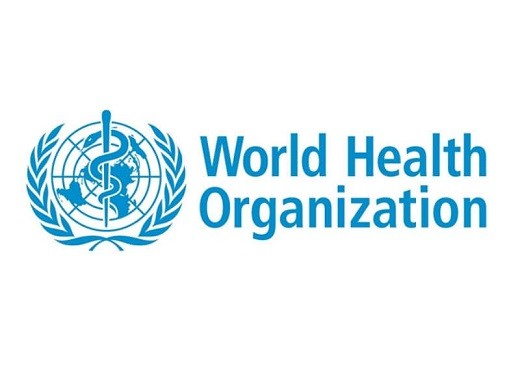Poised to accelerate progress in the treatment of Tuberculosis (TB), the World Health Organisation (WHO) has released new guidelines to improve the treatment of multidrug resistant TB (MDR-TB).
The WHO Director General, Dr Adhanom Ghebreyesus Tedros, made this development known through a press statement disclosing the efforts of the institution in reducing the prevalence of TB as the World TB Day is commemorated globally on 24 March of every year.
According to him, the new treatment course is more effective and is less likely to provoke adverse side effects. WHO recommends backing up treatment with active monitoring of drug safety and providing counselling support to help patients complete their course of treatment.

Available statistics revealed that TB is the world’s top infectious disease killer, claiming 4500 lives each day. The heaviest burden is carried by communities facing socio-economic challenges, those working and living in high-risk settings, the poorest and marginalized.
The recommendations are part of a larger package of actions designed to help countries increase the pace of progress to end tuberculosis (TB) and release in advance of World TB Day.
Speaking on the theme of the 2019 World TB Day, “It’s time to end TB”, Tedros explained the effort of the agency in translating commitments made at the 2018 UN High Level Meeting on TB into actions that ensure everyone who needs TB care can get it.
He further noted that since 2000, 54 million lives have been saved, and Tuberculosis deaths fell by one-third. But 10 million people still fall ill with TB each year, with too many missing out on vital care.
Highlighting the key elements of the new guidelines, Tedros listed them below:
“An accountability framework to coordinate actions across sectors and to monitor and review progress; a dashboard to help countries know more about their own epidemics through real-time monitoring by moving to electronic TB surveillance systems; another is a guide for effective prioritization of planning and implementation of impactful TB interventions based on analyses of patient pathways in accessing care; New WHO guidelines on infection control and preventive treatment for latent TB infection; and lastly a civil society task force to ensure effective and meaningful civil society engagement”.
In his contribution, Director, WHO’s Global TB Programme, Dr Tereza Kasaeva, remarked on the guidance, saying it is a set of pragmatic actions that countries can use to accelerate progress and act on the high-level commitments made in the first-ever UN High Level Meeting on TB last September.











buying tadalafil online safely – tadalafil prescription online purchase tadalafil